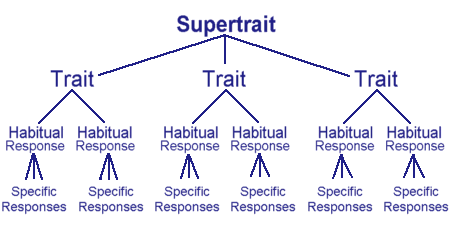
Is a Positive Attentional Bias the Key to Resilience?
Everyone would agree that being able to recover from setbacks is a good skill to have. But seeing the world through rose-tinted glasses might seem like a less obvious entry in the list of important life skills.
Some research has suggested that the ability to persevere in the face of stressful events might be linked to an attentional bias toward positive situations and emotions. To put it another way, people who naturally pay more attention to positive things may find it easier to pull through bad times.
A couple years ago, for example, researchers from University of Zurich surveyed 47 med students doing internships for the first time, looking at how the interns would cope with the stresses of the job. The researchers measured whether the interns tended to interpret ambiguous situations more positively or negatively and asked the interns about depressive symptoms both before and during the internships.
Over the course of the internships, the group experienced a general rise in depressive symptoms. In fact, when they were surveyed the second time, almost half of the interns had at least mild depressive symptoms!
But not all were equally at risk for developing depressive symptoms. The interns with a positive interpretation bias – that is, a tendency to see ambiguous situations in more positive terms – were six times less likely to experience depressive symptoms during the internship!
These findings suggest a strong relationship between having a glass-half-full attention bias and being able to keep on going when the going gets tough.
Other studies have gotten similar results, but sometimes with some caveats.
One study found that people with an attentional bias toward happy faces were significanlty more resilient to stress, but only when they also had an attentional bias toward angry faces. This suggests that an attentional bias toward positive emotions may be especially helpful for people who are also sensitive to certain kinds of negative emotions.
So why do people vary in whether they’re more likely to notice the good or the bad? Psychologists are still working on this one, but some research has suggested that our attentional biases are a product of both our genes and our experiences.
Whatever the reason, we have a pretty good idea that how stressful situations affect us has to do at least partly with what we pay attention to in the first place. Seeing only the good in life might make you naïve, but it might also make you more able to pull through the bad!